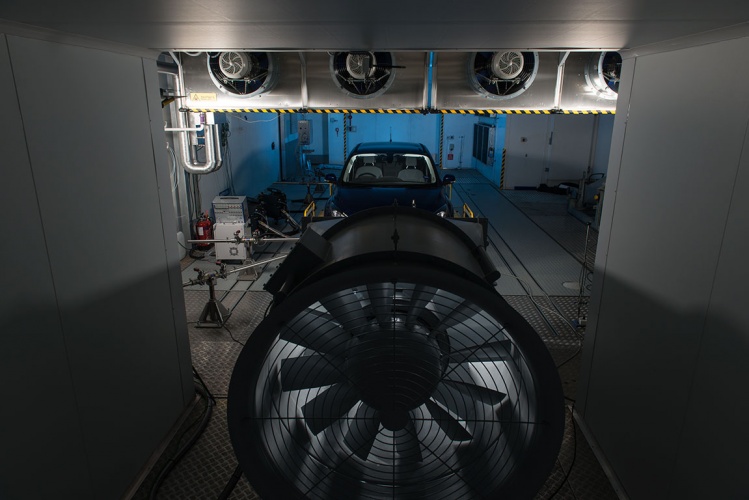Virtual hybrid project rolled out by UK universities
Six leading UK universities are coming together on a three-year project that will see them virtually testing an entire hybrid powertrain while its various physical components remain in different locations.

The Virtually Connected Hybrid Vehicle (VCHV) project involves the Universities of Bath, Loughborough, Warwick, Newcastle, and Nottingham, as well as University College London. Each institution will focus on a particular area, with eight PhDs in total working across the project. The six different powertrain subsystems will be tested together virtually in real time while physically remaining distributed on independent test rigs at their host universities.
Two Bath PhDs will work on the internal combustion engine, with two PhDs from Loughborough focusing on hybrid control and communications. Warwick, Newcastle, Nottingham and UCL will all contribute one PhD each, working respectively on batteries, electric motors, power electronics and fuel cells.
“This is an exciting project designed to build collaborative links across the APC (Automotive Propulsion Centre) spoke network and with industrial partners,” said Professor Chris Brace, deputy director of Bath’s Powertrain & Vehicle Research Centre.
“The research tackles some of the most challenging aspects of digital engineering that must be addressed to deliver the clean and efficient propulsion systems of the future.”
Register now to continue reading
Thanks for visiting The Engineer. You’ve now reached your monthly limit of news stories. Register for free to unlock unlimited access to all of our news coverage, as well as premium content including opinion, in-depth features and special reports.
Benefits of registering
-
In-depth insights and coverage of key emerging trends
-
Unrestricted access to special reports throughout the year
-
Daily technology news delivered straight to your inbox










Radio wave weapon knocks out drone swarms
Probably. A radio-controlled drone cannot be completely shielded to RF, else you´d lose the ability to control it. The fibre optical cable removes...